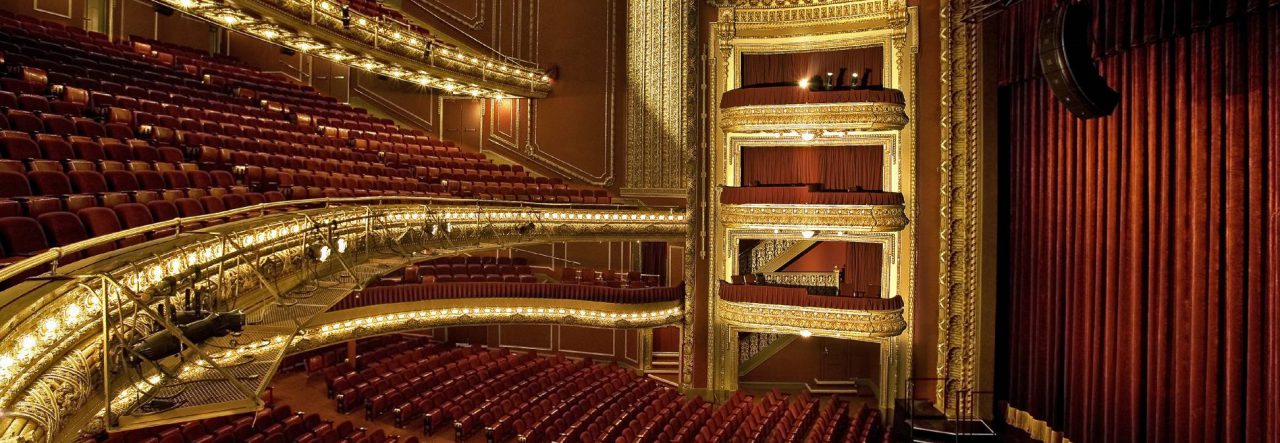This singer-songwriter – with a monthly residency at The Green Room 42 – knows exactly who he is, so I’ll let him tell it: “I’m the younger Harry Connick, I’m the gayer John Mayer,” “I love the the 1950s, but without the rampant racism, sexism and homophobia.” Funny guy, this Spencer Day. And comic relief is needed, since most of his songs have a dark noir tinge, even his recent Billboard Jazz Chart hit “72 and Sunny.”
After giving a moody rendition of that song, Day quips that a review cited the song’s allegedly “bright, hopeful lyrics,” to which he replies “really? I thought it was about clinical depression in beautiful weather!” Which it is. But it’s easy to see how Day’s wit and upbeat Mormon boy demeanor might convince one otherwise.
After making this observation about his own song, Day launches into a medley which reminds us that many of the songs that we have danced to or made us smile are, lyrically speaking, dark stories of co-dependency or desperation. From “Don’t Leave Me This Way” to “Baby Love” to even older songs from his beloved 1950s, Day has a point.
His humor also finds its way both into actual comic songs – “Too Old to Sleep My Way to the Top” and “Book of Faces” come to mind – and songs that turn ruefully funny after a yearning start, like “The California Yes” which, it turns out “is only a maybe at best,” and winkingly offers the advice: “when you’re on the Pacific / don’t get too specific / or think that you’ll see them again!” Recommended.
For tickets, click here.
To learn about Jonathan Warman’s directing work, see jonathanwarman.com.




